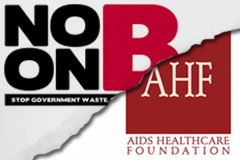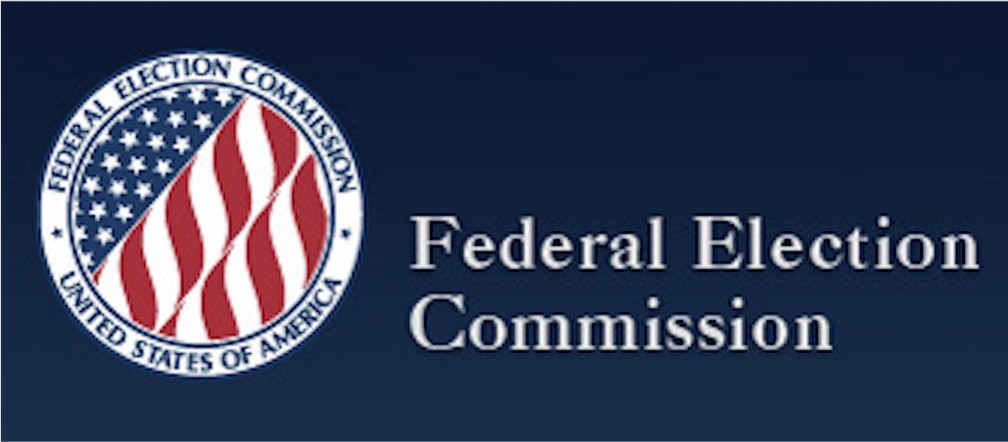With Measure B’s passage, the future of adult entertainment in Los Angeles County is uncertain. Tough choices lie ahead: Relocate? Go underground? Challenge the law in court (this is happening)? Given that, what will companies do in the meantime as the issue winds its way through the courts?
In the left-leaning southern California coastal region, a vote couched in the rhetoric of social welfare has pretty good odds. The law is perhaps well-intentioned. Interestingly, the adult entertainment industry has largely adopted the traditionally conservative tack of saying that whether or not porn performers choose to use condoms in their work is a matter of personal choice, that the mandate amounts to an infringement on their freedom of speech, and that it would drive thousands of jobs out of the area.
I agree. Measure B is a drug war-esque piece of legislation whose enactment will do little to bring about its stated goals. The behaviors it aims to regulate are better tackled by other means. It will either drive the incredible economic boon of adult film away from L.A. County or force the activity further underground, where it can become even more difficult to properly monitor.
Measure B’s aims, as delineated by its primary backer, the AIDS Healthcare Foundation, are to protect adult video performers and prevent the spread of disease. Viewed myopically, Measure B may indeed seem like a step in that direction.
The negatives outweigh the measure’s benefits, however. The damage the legislation could do to porn performers’ careers, and to the thousands of production jobs their labor enables, should be of paramount ethical concern. Porn performers, as a profession, lack access to health care and health insurance. Keeping performers employed and promoting access to health services would do much more to ensure their sexual health than this legislation would, and would be a better use of the fees Measure B imposes on adult film producers.
Equally damaging is its assumption that a specific subset of the overall population, porn performers, would benefit from the same forms of prophylaxis as the average sexually active individual. Porn performers have undeniably different sexual habits. A particularly glaring instance: While the average duration of penetrative intercourse is under 10 minutes, receptive adult performers must often endure penetration lasting half an hour to an hour or more during filming. While it is recommended that sex partners replace condoms during prolonged intercourse to prevent breakage, this does little to protect mucosal linings from the abrasion caused by friction.
Granted, due to a lack of research on almost anything pertaining to sex work, much of the evidence for this is anecdotal (this, too, is a better use of the money raised by Measure B). But protecting the agency of the adult performer is crucial, particularly in a society that continues to denigrate sex work at the same time that it largely benefits personally and economically from its production. Performers have a vested interest in their own sexual health in order to continue practicing their profession. Honoring their commitments and choices in regard to their own bodies and allowing them to accept the risks inherent in their profession, just as in any profession involving physical labor, does much more to promote the well-being of porn performers.
Additionally, the form of prevention common in the industry, routinized sexually transmitted infection testing, is surprisingly effective at reducing the rates of HIV transmission, as The New York Times quotes experts in the field as saying. For people having as much sex as these sex workers, their HIV transmission rates are undeniably low.
The other argument proffered by Measure B’s supporters, that it can help promote safer sex in its viewership, is a compelling one, but one I find hard to square. Placing an emphasis on how pornography informs the sexual choices of it viewership is certainly welcome. That being said, grouping all porn together simply because of its sexually explicit content does little to address the very real differences in sexual activity and porn consumption in this country by race, income, education, location and sexuality.
Take homosexuality as an example. Heterosexual sex being the norm, a glut of images of its practice exists in the media, from the evening news to blockbuster films. Gay sex is an entirely different beast. This population not only severely lacks media representation of what two men can do together, but they face additional barriers of noncomprehensive sexual health education, prejudice that keeps them closeted for fear of repercussion, and difficulty locating sexual partners during adolescence to explore their sexuality. The educational and representational impact of condom usage in gay porn is important considering that it can be a primary instructor to gay men of their own sexuality.
Gay pornographers have already arrived at this conclusion. The norm of using condoms in gay porn has been established since the AIDS crisis of the ’80s. However, “underground” porn companies and amateur pornographers who bareback, coupled with sites that steal content from professional porn companies and offer it for free, have placed significant economic pressure on some of the bigger names in gay porn to begin shooting bareback porn, as well. Helping protect the intellectual property of gay porn companies would be a better method of promoting safer sex.
Straight porn, on the other hand, customarily does not use condoms in its porn, and previous attempts at doing so have dramatically affected their ability to stay in business. Consumers of straight porn seem to simply not want to purchase porn that uses condoms. Those mores may change, but it is our reality currently.
To give such pride of place to pornographic film’s impact on the sexual mores of its viewers is damaging and gives a pass to mainstream depictions of sex. There is other social policy on which we should be spending the monetary and social capital used up in this measure, including sexual health education and providing health insurance or access to care. Porn is about constructing fantasy. In the real world, let’s keep our collective nose out of regulating what people find arousing.







 TrafficHolder.com - Buy & Sell Adult Traffic
TrafficHolder.com - Buy & Sell Adult Traffic